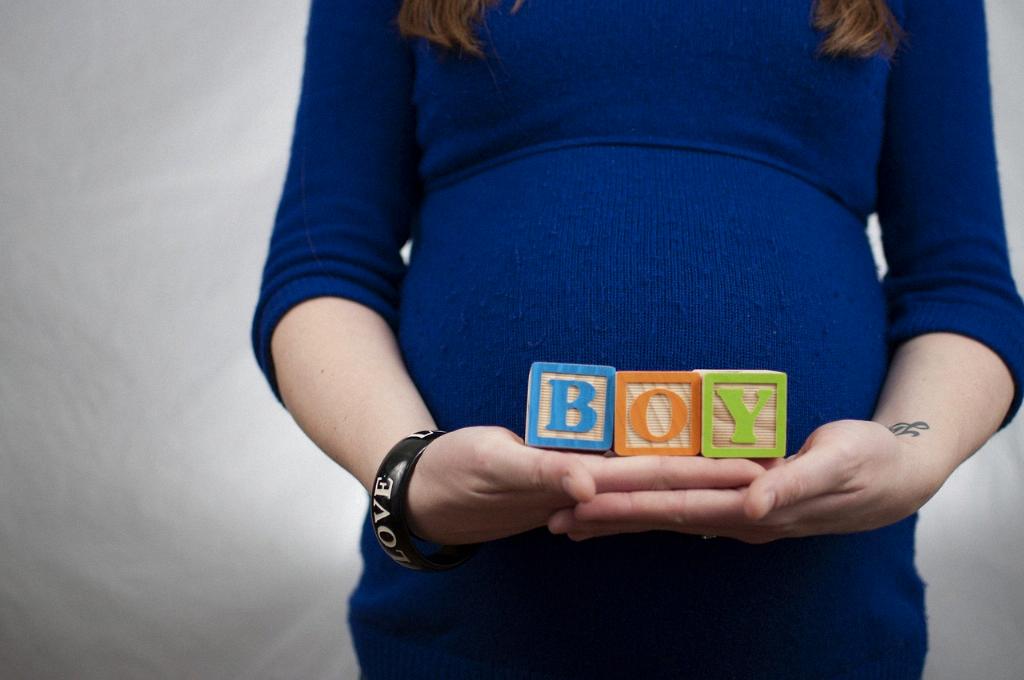One common question many women have when considering a partial hysterectomy is whether they will still have their period after the surgery. The answer to this question largely depends on the type of hysterectomy and whether the ovaries are removed during the procedure.
Full Hysterectomy vs. Partial Hysterectomy
A full hysterectomy involves the removal of the uterus and cervix, while a partial hysterectomy involves the removal of only the uterus, leaving the cervix intact. If you have a partial hysterectomy, it is possible that you may still have a period, as the cervix is left in place to support the vagina.
Factors Affecting Menstruation After a Partial Hysterectomy
Whether you will continue to have your period after a partial hysterectomy depends on the role of the ovaries in your surgery. If your ovaries are left intact during the procedure, your body may still produce hormones that regulate the menstrual cycle, allowing you to continue having periods.
Menopausal Symptoms and Ovary Removal
On the other hand, if your ovaries are removed during the hysterectomy, you may experience immediate menopausal symptoms, such as hot flashes, mood swings, and vaginal dryness. This is because the ovaries are responsible for producing estrogen and progesterone, which play a key role in regulating the menstrual cycle.
Post-Hysterectomy Bleeding
It is important to note that even after a partial hysterectomy, some women may experience post-hysterectomy bleeding. This can occur due to various factors, such as hormonal changes, infection, or issues with the healing process. If you experience abnormal bleeding after a partial hysterectomy, it is essential to consult your healthcare provider.
Managing Menstrual Changes
If you do continue to have a period after a partial hysterectomy and experience discomfort or heavy bleeding, there are various treatment options available to help manage these symptoms. Your healthcare provider can recommend medications or procedures to address any menstrual irregularities.
Emotional Impact
It is also important to consider the emotional impact of experiencing changes in your menstrual cycle following a partial hysterectomy. It is normal to have mixed feelings and concerns about these changes, and it can be helpful to seek support from healthcare providers, family, or friends during this time.
Follow-Up Care
Regardless of whether you continue to have a period after a partial hysterectomy, it is crucial to attend regular follow-up appointments with your healthcare provider. These visits allow your provider to monitor your overall health and address any concerns or symptoms you may have following the surgery.
Monitoring Hormone Levels
If you have a partial hysterectomy and keep your ovaries, your healthcare provider may recommend monitoring your hormone levels periodically to ensure that your body is still producing hormones at adequate levels. Hormone replacement therapy may be considered if hormonal imbalances occur.
Overall Health and Well-Being
Whether you continue to have a period after a partial hysterectomy or not, prioritizing your overall health and well-being is essential. This includes maintaining a balanced diet, engaging in regular physical activity, managing stress, and attending routine screenings and check-ups to monitor your health.
Consult Your Healthcare Provider
If you have specific questions or concerns about whether you will still have a period after a partial hysterectomy, it is important to consult your healthcare provider. They can provide personalized information and guidance based on your individual situation and medical history.
Conclusion
In conclusion, whether you will continue to have a period after a partial hysterectomy depends on various factors, including the type of surgery and the status of your ovaries. It is essential to discuss any questions or concerns you have with your healthcare provider to ensure that you receive the appropriate care and support.

